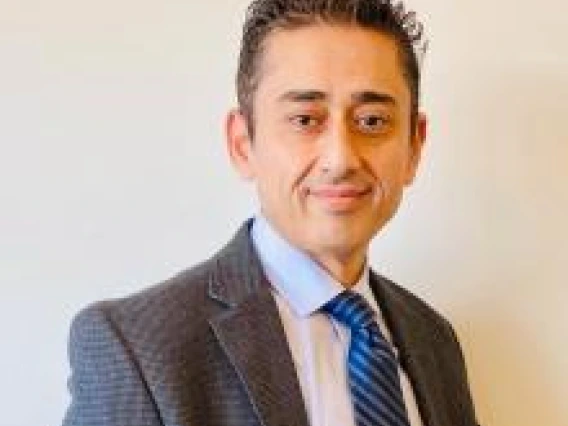Kurdish is taught by the Critical Languages Program at the University of Arizona. Currently only non-credit options are available. Limited scholarships are sometimes available through our colleagues in the Center for Middle Eastern Studies.
Why You Should Study Kurdish:
- Give Voice to a Major Yet Overlooked People Group
Kurdish is spoken by an estimated 30–40 million people, primarily in Turkey, Iraq, Iran, Syria, and the diaspora—yet Kurdish culture and language are often underrepresented. Studying Kurdish gives you access to the language, identity, and lived experiences of one of the largest stateless nations in the world. - Stand Out with a Rare Skill
Very few people in the U.S. study Kurdish, which makes it a strategic and unique skill. Whether you're pursuing international relations, human rights, anthropology, history, or journalism, Kurdish fluency offers a significant edge and opens up specialized research and career paths. - Engage with Global Issues Firsthand
Kurdish regions are at the heart of major global dynamics: conflict, migration, minority rights, democracy movements, and U.S. foreign policy. Understanding Kurdish allows you to connect directly with people and sources that are often inaccessible to outsiders. - Support Linguistic and Cultural Preservation
Kurdish has been historically marginalized in many of the countries where it’s spoken. By learning it, you're supporting efforts to preserve and promote a rich cultural and linguistic tradition that has long resisted suppression and assimilation. - Fieldwork and Research Opportunities
Kurdish opens doors to fieldwork in regions like Iraqi Kurdistan, a relatively safe and semi-autonomous region that welcomes international researchers, NGOs, and students. It’s a rare chance to study a language with real-world impact and scholarly depth. - Diverse Dialects and Rich Literature
Kurdish includes multiple dialects—Kurmanji, Sorani, and others—each with its own literary traditions and linguistic features. The poetry, music, and oral histories of Kurdish-speaking communities are beautiful, moving, and intellectually rich. We typically teach the Kurmanji dialect.
Source: OpenAI. (2025). Retrieved June 20, 2025.
Credit and Non-Credit Options
Helpful Links
CLP Tutors

Mutlu Civiroglu
"It's been great so far, I'm excited for the remainder of the semester!"
CLP Student | Kurdish 102
Mutlu Civiroglu is a Washington, DC based Kurdish instructor, translator, editor, tester, content writer, material developer and broadcaster. He is a native Kurdish Kurmanji speaker who is an expert in speaking and understanding all regional dialects spoken in Turkey, Iran, Iraq and Syria. He teaches Kurdish in basic, intermediate and advanced level to college students and working adults including government employees, and trains them on the cultural, social and political aspects of the Kurdish speaking regions.
Civiroglu is also a well-known journalist and analyst whose expertise spans a variety of topics including Kurdish affairs, human rights and freedom of the press in Turkey and the Middle East. He frequently speaks at the academic conferences and panel discussions about the Kurdish regions and regularly consulted for his expertise by think tanks and non-governmental organizations. Civiroglu has a bachelor’s degree in political science and a master’s degree in education.

